When Washington's state legislature passed the marriage equality bill in February, it marked the culmination of a 17-year effort led by Sen. Ed Murray. The gay lawmaker took office in 1995, just as the state's Defense of Marriage Act, which outlawed same-sex marriage, was introduced. Republicans then in control of the state legislature considered the debate so offensive that they ordered the pages, including Murray's nephew, removed from the House floor.
Antigay rhetoric at the capitol in Olympia is one of many things Murray has worked methodically to change in a career that has taken him from the House to the Senate, where he chairs the powerful Ways and Means Committee. A lawmaker from what he calls a "very, very, very liberal Democratic" Seattle district, he pushed early for key committee assignments, like budget and transportation, recognizing that being identified with brick-and-mortar issues and crafting alliances would help him advance LGBT rights legislation in the "moderate" state. He first collaborated with Gov. Christine Gregoire, who proposed the marriage equality bill, on an antibullying bill a decade ago, when she was attorney general.
"I believed that part of the way I was going to move this forward was by being viewed as someone who could lead on other issues and could work with people on other issues and build relationships with members on other issues," he says.
The grandson of Irish Catholic immigrants, Murray encouraged LGBT advocates to focus their narrative on what positive contributions the community could make to the state, especially in the economy. His strategy helped generate business support, which paid off in 2006 when, following a 30-year battle, an LGBT rights bill passed the Senate by one vote from a Republican who represented the area home to Microsoft. That campaign pioneered the model that passed three subsequent domestic partnership laws, each one expanding upon the other, and the new marriage equality legislation. Four Republican senators voted for marriage equality after being lobbied by a business coalition that included Microsoft, Starbucks, Nike, and others.
"Once the civil rights bill passed, the timeline collapsed," says Murray. "Most of what we passed, 90% of issues related to gays and lesbians, have happened in the last six years." Other factors helped too. Murray credits changing public attitudes, a growing caucus of LGBT lawmakers that now totals six members, and the fact that lawmakers who voted for gay rights survived their reelection bids.
Some have criticized the incremental path, but Murray defends it as the best course for Washington, where voters can easily challenge unpopular laws. "We believed we had to slowly start changing people's minds. I think for West Coast states, where anything can be tossed on the ballot, I think we need a different approach."
This includes being prepared for a likely referendum on the new law. Murray, who plans to marry Michael Shiosaki, his partner of 21 years, predicts a "very ugly and very expensive fight," but he's confident. Washington voters were the first to affirm same-sex relationship recognition in 2009 by approving Referendum 71, which upheld the expanded domestic partnership law.
"I think it's going to be really tough, and I think the polls will probably bounce around, but I think we're going to win, because this is a moderate state," he says. "The rhetoric on the other side is just not what Washingtonians respond to."
How Washington Was Won
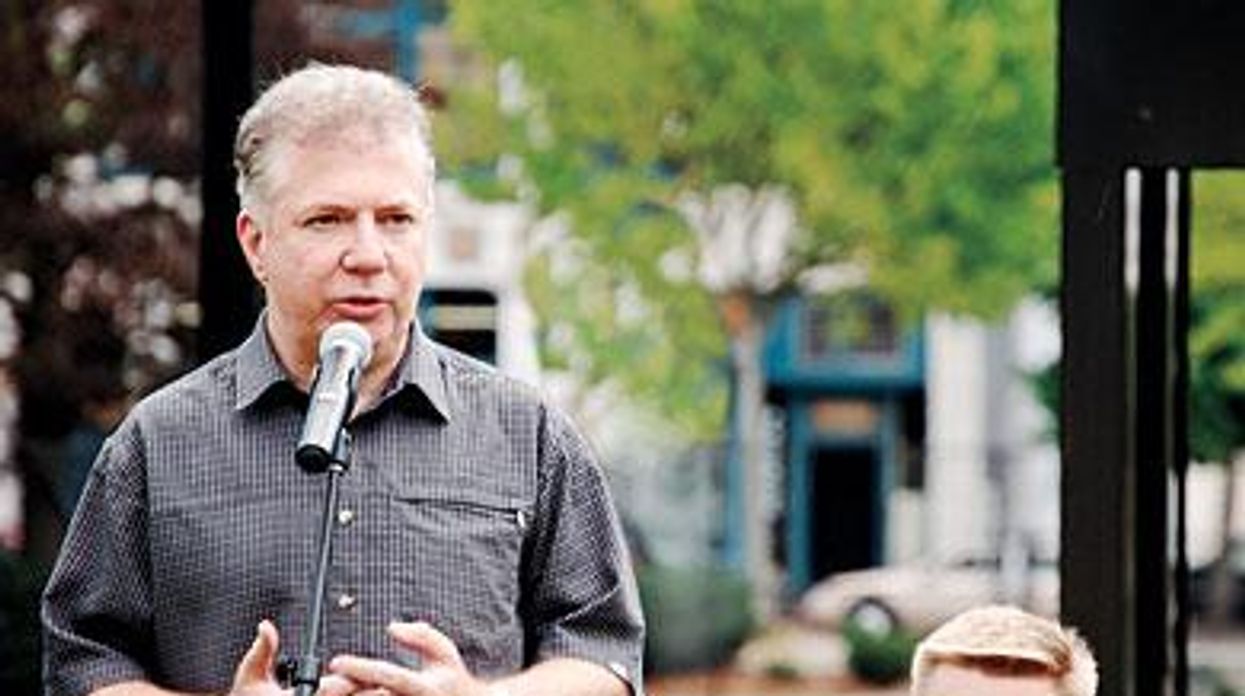




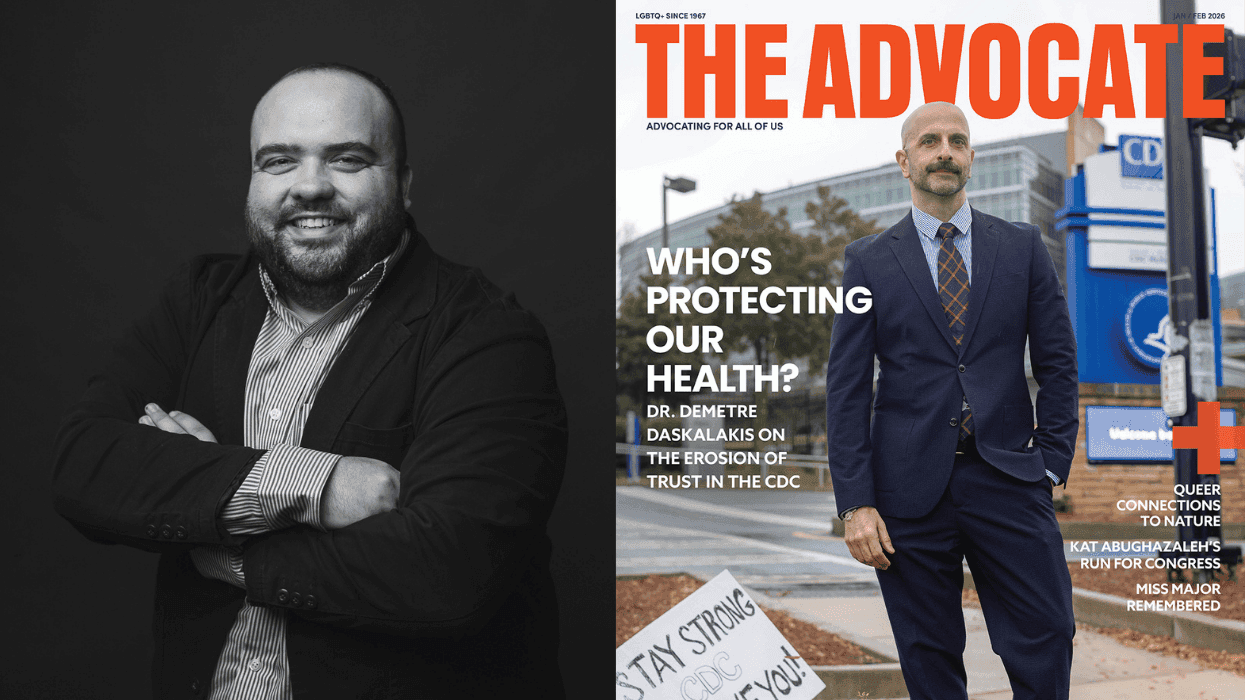

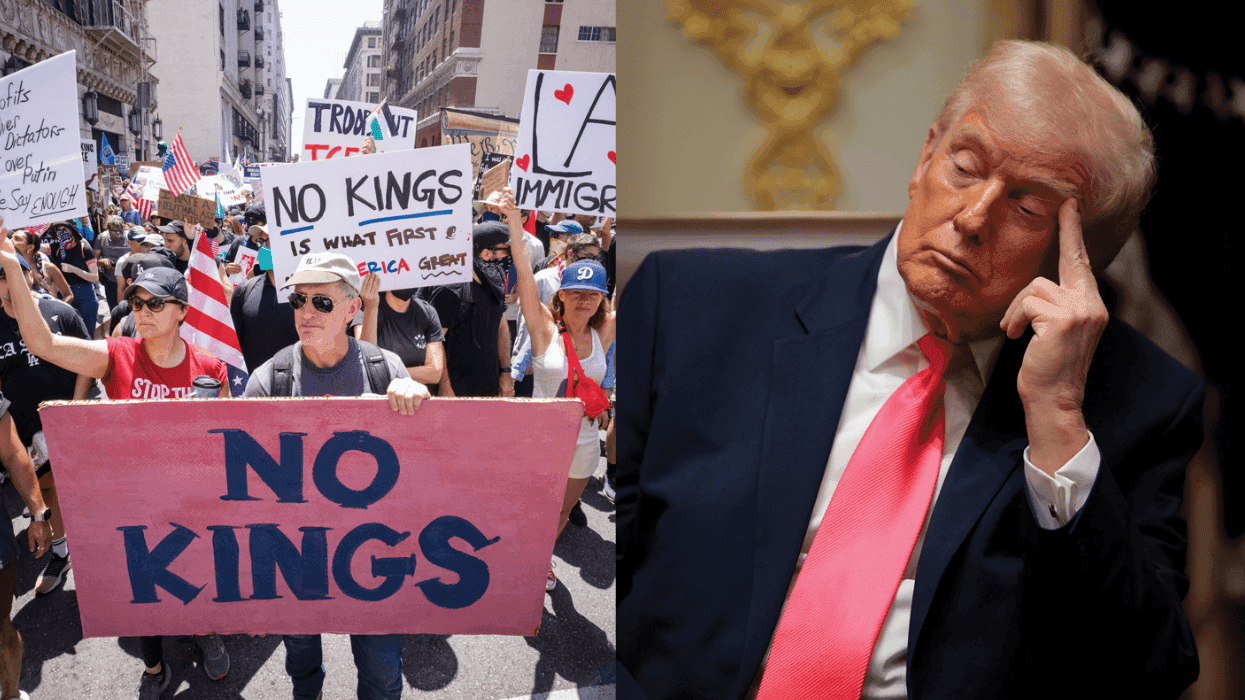
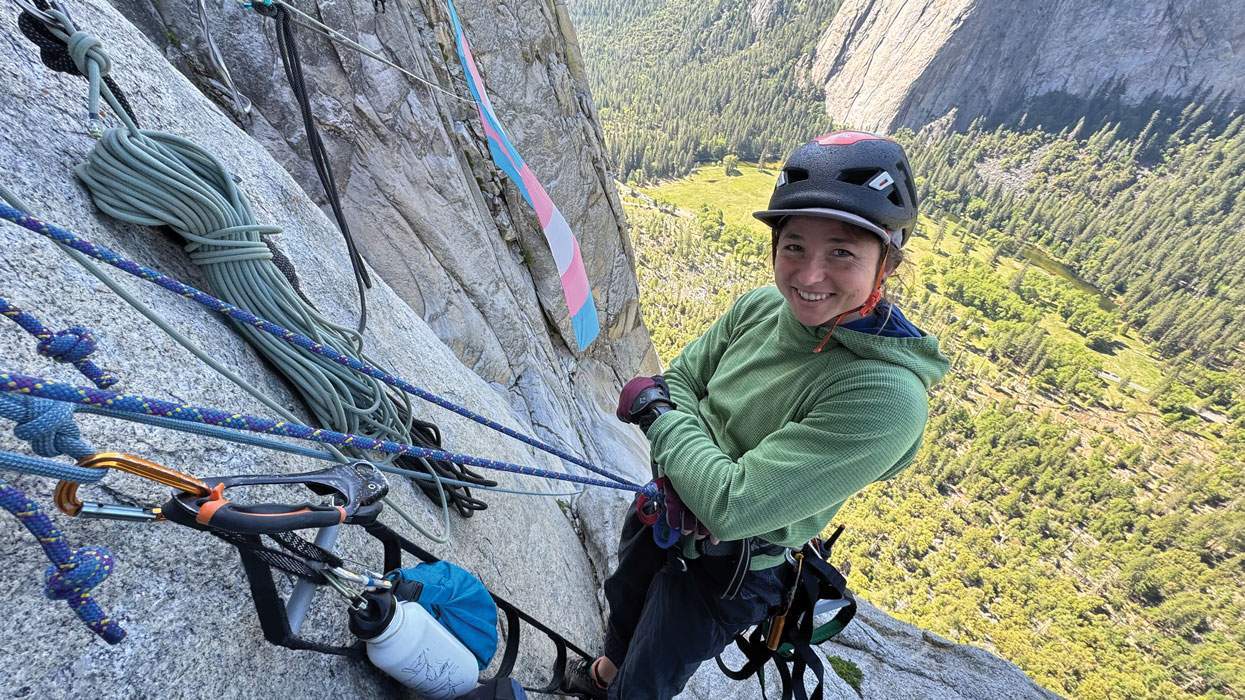
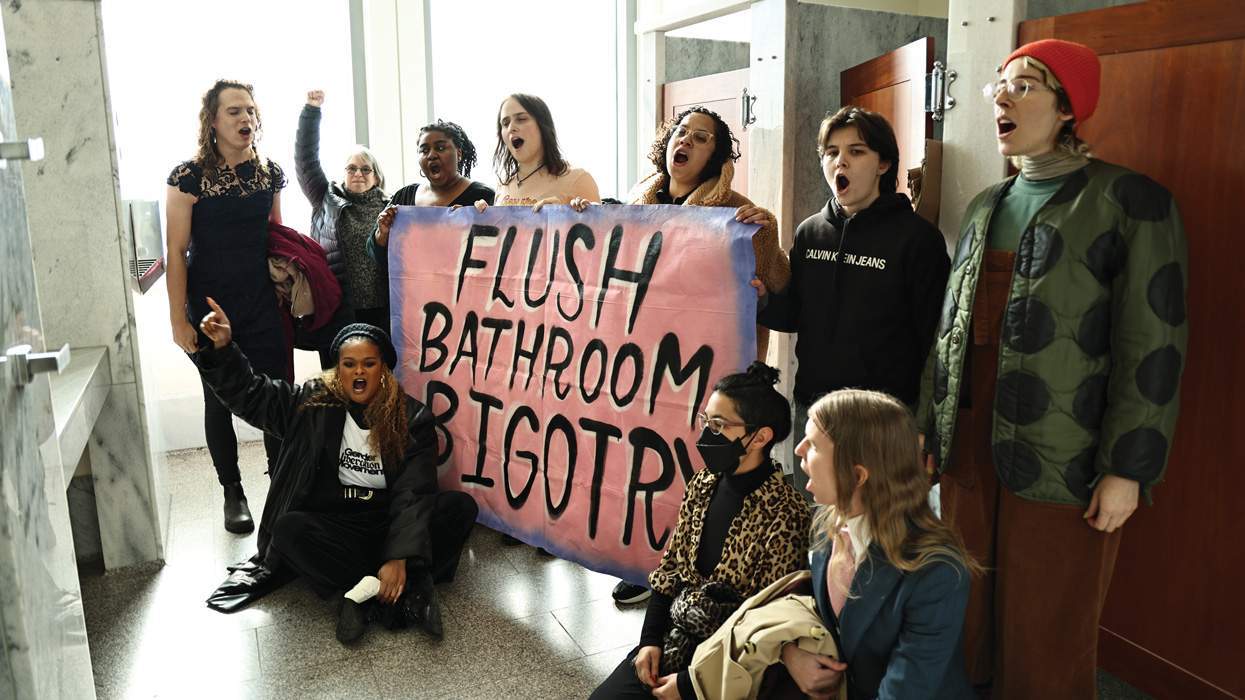





Charlie Kirk DID say stoning gay people was the 'perfect law' — and these other heinous quotes
These are some of his worst comments about LGBTQ+ people made by Charlie Kirk.